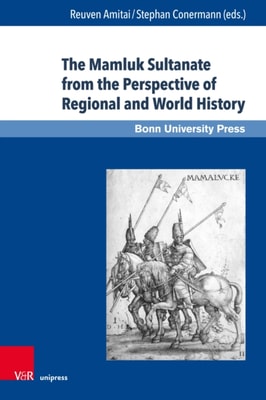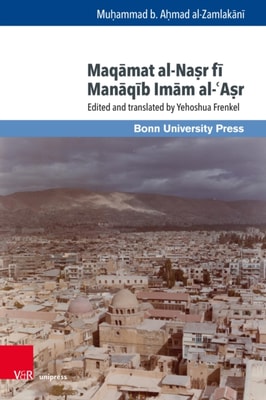Die vorliegende Ausgabe der Medea des Euripides bietet eine ausführliche Einführung, einen neu durchgesehenen griechischen Text (mit sprachlichen Erklärungen), eine deutsche Prosaübersetzung und einen detaillierten Kommentar zu sprachlichen und sachlichen Problemen, für dessen Verständnis die Kenntnis des Griechischen nicht erforderlich ist.





